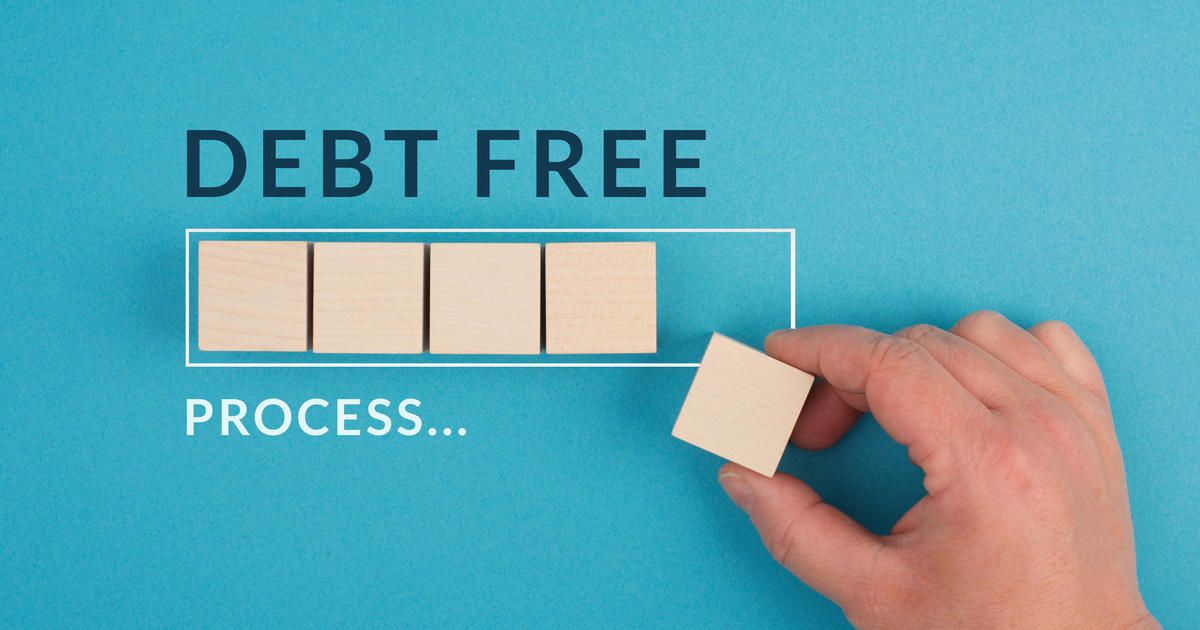Fretting about your credit? Do this now
It may not have given you comfort to learn ex-Equifax-CEO Richard F. Smith told Congress he's "deeply sorry" for a breach that may affect more than 145 million people. So here are five things you can do to protect yourself while you ponder his apology:
1. Assume your information is out there, and freeze your credit.
"That's a scary thing to wrap your head around, but the truth is there have been so many breaches and there are going to be so many more in the future," said Matt Schulz, senior analyst at CreditCards.com.
The simplest thing to do is freeze your credit reports if you haven't already. That blocks a creditor -- or a bad guy -- from getting access to your information.
Check your accounts regularly, Schulz advised, including credit card, loans and bank statements.
"Bad guys can be really patient. And just because nothing has happened with your bank card and with your statements doesn't mean nothing will," Schulz said.
2. What if I need to apply for a credit card or credit in general?
You can unfreeze your credit reports from the three reporting agencies: TransUnion (TRU), Equifax (EXF) and Experian (EXPGY).
Remember with whom you've frozen accounts, know how to unfreeze them and safeguard your PIN, said Lauren Saunders, an associate director at the National Consumer Law Center.
Best practice is to call the agencies directly to unfreeze two or three days before applying for new credit so the "thaw" can work its way through your information, CreditCards.com's Schulz said.
"Ultimately you can still lock your credit if you're planning to apply for a mortgage or a credit card," Schulz said. "Just understand that there's a window of time you need to allow before you apply for that loan in order to make sure the credit gets unfrozen."
3. Keep an eye on your own credit. Most resources offered by a paid credit monitoring service can be done for free.
"We think credit freezes are much more important than credit monitoring," the National Consumer Law Center's Saunders said. "Monitoring tells you after the fact there's a problem."
When they work, monitoring services can help you spot accounts opened in your name. But they don't always work, Saunders said.
"There's a lot of free credit monitoring out there now. If you can get it for free, it can be worthwhile. But the services that charge for it are mostly playing on people's fears," she said.
Saunders also advises actions you've heard before: Use a different password for each account. Be cautious in your everyday actions. For example, Saunders herself doesn't opt-in when services ask to save her credit card information for things like buying goods online.
4. What about those arbitration clauses? Here's how to preserve your right to sue the issuer.
The Consumer Financial Protection Bureau's (CFPB) new rule that bars banks and companies that extend credit and collect debt from forcing customers to sign arbitration agreements was finalized in July and is supposed to go into effect in March.
But last week, the U.S. Chamber of Commerce and other groups representing financial companies challenged the rule in court
No matter what happens, you should look at your credit card agreement and call your bank.
"Some companies, to try to make it look fair, will let people opt out of the arbitration clause, often within a very short time," Saunders said.
That's true no matter what you may have questions about.
"Generally speaking, it's worth giving a call to the bank to try and negotiate terms of your credit card agreement," Schulz said.
5. Look it up! Here are some resources:
Consumer advocacy group U.S. PIRG has information on how to protect your credit and information about arbitration clauses. It also has links to local PIRGs in each state.
The CFPB has information pages about the arbitration rule and credit card agreements. Creditcards.com offers free resources for monitoring and other issues. Bankratemonitor.com offers a way to compare rates for most loans. Consumer Reports offers tips for credit cards.



